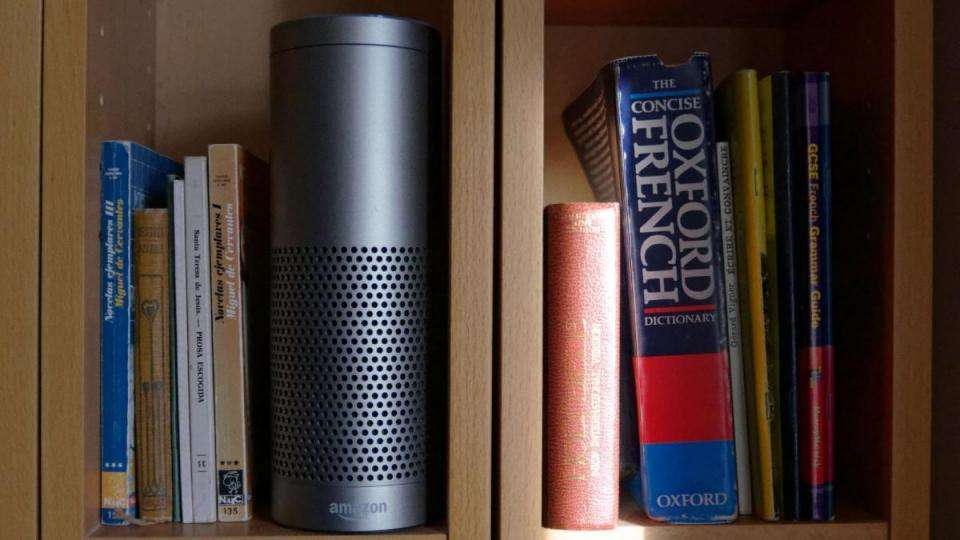March 29,2022
Rising materials cost in the construction sector
by David Stewart
The construction sector has welcomed the easing of COVID-19 restrictions since April as sites have fully re-opened across the country. However, despite the surge in activity, the industry now faces new problems in the form of price inflation.

The Irish Times reported in April that the price of materials has been increasing from between 5% to 20% across timber, insulation, plastic piping and other key construction materials. Indeed, an Irish Home Builders Association (IHBA) market survey published in May 2021 was found to be outdated within two months of issue, such was the pace of price inflation. In August, project management company Turner and Townsend reported increases of 35% in the price of some building materials and ongoing complaints from builders and their suppliers that prices for key materials are rising across the board.
The increase in materials prices can be attributed to a number of factors outlined below.
COVID-19
Concerns in the construction industry in relation to the rising cost of materials and labour shortages is nothing new. The lack of skilled workers and people entering apprenticeships have been a concern for some time in the industry. COVID-19 has however, exacerbated the issue of both demand and supply and for nearly 18 months there was a slowdown in the production of materials due to national and international lockdowns. The spread of the virus also impacted the ability of raw materials providers to harvest or mine and now, as we emerge from the pandemic, there has been a huge spike in demand leading to price spikes.
These increased prices are being experienced across all construction materials. In a recent Construction Industry Federation (CIF) survey 80% of builders noted steel price increases, while over 20% experienced difficulties in obtaining steel. Turner and Townsend reported that builders believe that the labour costs will grow by over 4% and material prices by nearly 7% over the next 12 months.
As materials make up a substantial portion of the cost of a new build (between 13% to 14%), there is a valid concern that the overall construction bill will have to increase in line with this. This knock-on effect will ultimately result in higher construction fees being passed from suppliers to end users.
National issues
The demand for materials has also been exacerbated in Ireland by the amount of people renovating or extending their homes and the demand for new builds. The Irish Times reported that planning applications for extensions increased by 45% in the last quarter of 2020 in comparison to the same period in 2019. In May, the Irish Times reported on a number of building material suppliers being forced to limit or suspend their orders.
Shortage in timber supplies is also posing particular issues in Ireland. The Irish Times has attributed this to the backlog in approving forestry licenses. Government officials are issuing less than half the new forestry licences needed to tackle an ongoing shortage in timber supplies. The Government have, however, announced that tackling this backlog is a key aim of the new forestry industry strategy.
Global demand
This shortage in supply of building materials is not exclusive to Ireland and being experienced on a global scale. Reuters has reported a backlog of uncompleted work in the US due to shortages of raw materials and labour. Reuters further noted that a survey conducted in May 2021 by the Institute for Supply Management found companies and their suppliers continue to struggle to meet increasing levels of demand and reported that 'record-long lead times, wide-scale shortages of critical basic materials, rising commodities prices and difficulties in transporting products are continuing to affect all segments' of US manufacturing.
In February, an unexpected disruption to the supply of insulation materials presented itself as the US Gulf Coast experienced extreme storms. The storms led to shut down of production in the petrochemicals industry, meaning many manufacturers were unable to source the raw materials needed to meet increasing demand.
The United Kingdom (UK) is also experiencing difficulties as the demand for construction materials continues to surge. Brexit has further complicated supply chain issues internationally, with tariffs applying to both imports into the UK from the EU and imports into the EU from the UK. These tariffs vary by product and have led to further price increases. As a result of the introduction of a border for trade to/from the UK, supply chain lead times have increased. Getting to grips with new customs compliance measures has driven costs for construction companies upwards, as they seek to understand the new regulatory environment. The Timber Trade Federation (TTF) reported in May that Brexit-related complications have squeezed UK timber stocks, as 80% of the softwood used in building comes from Europe and 90% of the softwood used for new build homes comes from the continent.
Compliance Week reported that the blockage of the Suez Canal in March 2021 for nearly a week was another significant shock to the global supply chain which blocked supply chains from Asia to Europe and beyond for several weeks following the incident.
The current material crisis therefore cannot be attributed to one particular factor but is the interplay of COVID-19, supply disruptions, increased demand both nationally and globally and unprecedented weather conditions.
Contractual risk
From a legal perspective, as the price of construction materials continues to soar, parties to construction contracts or who are in the process of negotiating such contracts are becoming more focused on who should bear the risk of such cost increases.
The Royal Institute of Architects Ireland standard form contract places the risk of price inflation for materials on the employer under clause 36 (however for larger projects this position is often reversed with the contractor shouldering the risk). Going forward, if the cost of materials continues to soar, developer and contractors should consider at the earliest opportunity how the risk of price inflation for materials and labour can be best managed. Also how it will be allocated under the construction contract.






